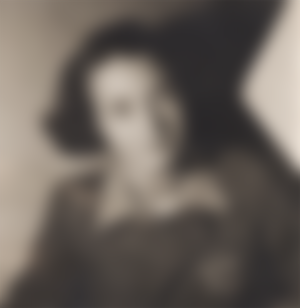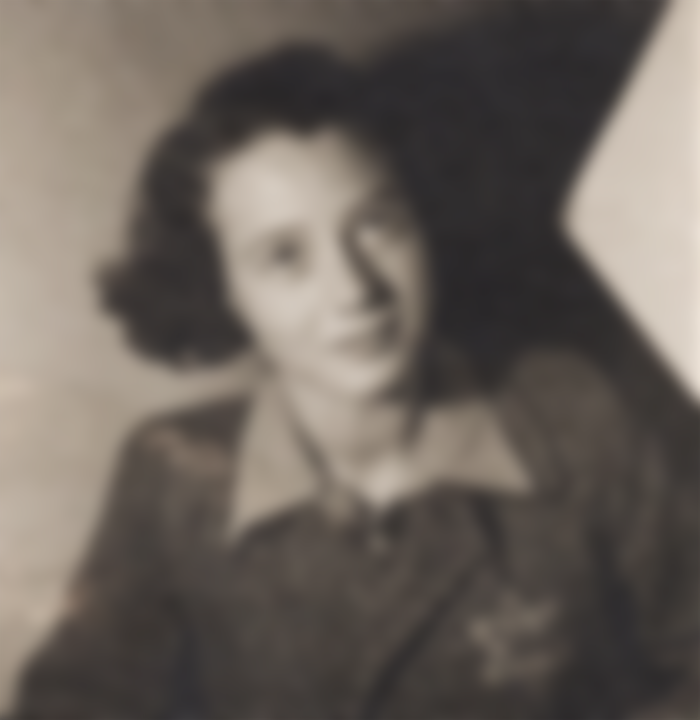The Librarian of Auschwitz: A Story of Hope in the Darkest Place
This year I have set myself the challenge to read 52 books in 2022 or one book a week. This is a decent challenge but I am very excited about it!
The Librarian of Auschwitz by Antonio Iturbe was the 11th book I read this year for my challenge and my what an impressive read it was!

As a historian I am always fascinated by books about Auschwitz, the brain just finds it so difficult to cemprehend the absolute evil that the human race is capable of. But although this book of course shows the incredible misery of that place, it also shows how strong the human mind is and how important something like a couple of books are. So a truly impressive read
The Story
The story is based on the life of Dita Kraus, a Jewish girl from the Czech Republic who ends up in the ghetto of Theresienstadt and later is transported from there for Auschwitz, where she arrives at age 15.

There, in the misery of that extermination and concentration camp she ends up in a German experiment: the family camp. This camp was set up to make the international community believe that Jews were just interned in these camps and the aim was to hide the true purpose: the extermination of the Jews. Dita ends up in the family camp, the only place in Auschwitz where children are allowed to survive. They even start a school there where teachers who have also arrived teach the young children.
The Library
It might be the last place where you think of books, but the family camp in Auschwitz has 8 books. Smuggled in by prisoners while in danger of losing their lives. When Dita, her mother and father arrive in the camp, Dita is made responsible for these books. As the librarian she must make sure the teachers can use these books, but they must not be discovered by the Germans.
What I loved so much about this is that in such a dark place as Auschwitz these books brought a little spark of hope, of normalcy to some of the people in that camp. The idea that the Germans could take away anything, but they cannot take your soul, your capacity to dream, to read stories that transport you out of that place for a short while.
You follow Dita as the end of the war draws near, and the Nazi's get restless to solve the "problem of the Jew" as quick as possible before the camps are liberated. And the main question that pops up towards the end of the book is: will Dita make it out of this hell hole? I won't spoil the book for you, but I will recommend it to you, for it is a harrowing but beautiful read!


That's a nice article to me and yes i like to know more about that girl